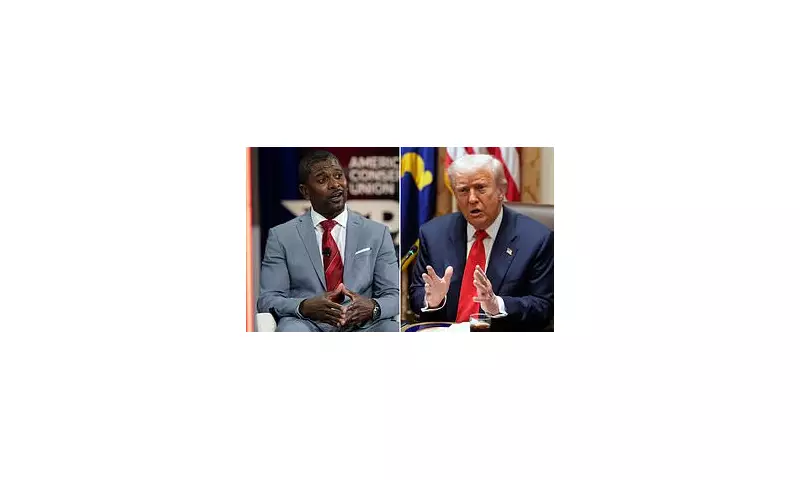
Former Minnesota Vikings safety Jack Brewer has ignited a firestorm of controversy with his recent comments about transgender issues in sports, specifically targeting his former team's home state.
The ex-NFL player, who now works as a financial analyst and conservative commentator, made startling claims about what he described as a "demonic transgender agenda" influencing Minnesota. His remarks have drawn immediate condemnation from LGBTQ+ advocacy groups and former colleagues alike.
Brewer's Controversial Statements
In his social media posts and subsequent interviews, Brewer didn't hold back his views. "There's a spiritual battle happening," he asserted, connecting transgender rights to what he called "demonic influences" in society.
The former athlete specifically mentioned Minnesota's policies and cultural landscape, suggesting they were being negatively affected by progressive attitudes toward gender identity. His comments come at a time when transgender participation in sports remains a heated topic nationwide.
Backlash and Response
LGBTQ+ organizations were quick to respond to Brewer's statements. GLAAD released a statement calling his remarks "dangerous and irresponsible," while local Minnesota advocacy groups emphasized the importance of inclusion in sports.
Several former teammates have distanced themselves from Brewer's comments, with one anonymous source describing them as "completely out of touch with the values we shared as teammates."
Brewer's Post-NFL Career
Since retiring from professional football, Brewer has maintained a public profile through various business ventures and political commentary. He's been increasingly vocal about conservative social issues, though his latest comments represent some of his most controversial statements to date.
The former Viking played for Minnesota from 2002 to 2004 before concluding his NFL career with other teams. His transition from athlete to commentator has been marked by increasingly polarizing viewpoints.
Broader Context
This controversy emerges amid ongoing national debates about transgender rights, particularly in sports. Several states have implemented laws restricting transgender athletes' participation, while others have strengthened protections.
Minnesota has generally been considered a state with strong LGBTQ+ protections, making Brewer's specific targeting of the region particularly noteworthy to political and social analysts.
As the story develops, sports commentators and social activists continue to debate both the substance of Brewer's claims and the appropriateness of former athletes using their platform for such controversial social commentary.





